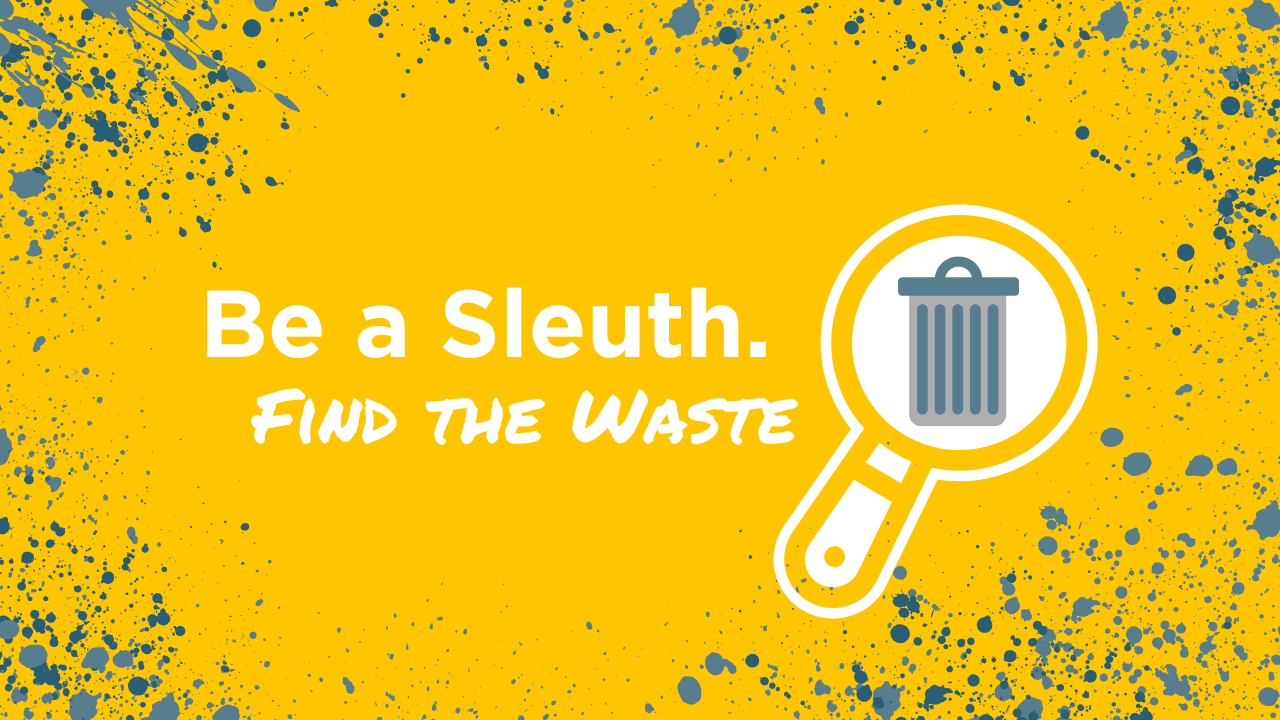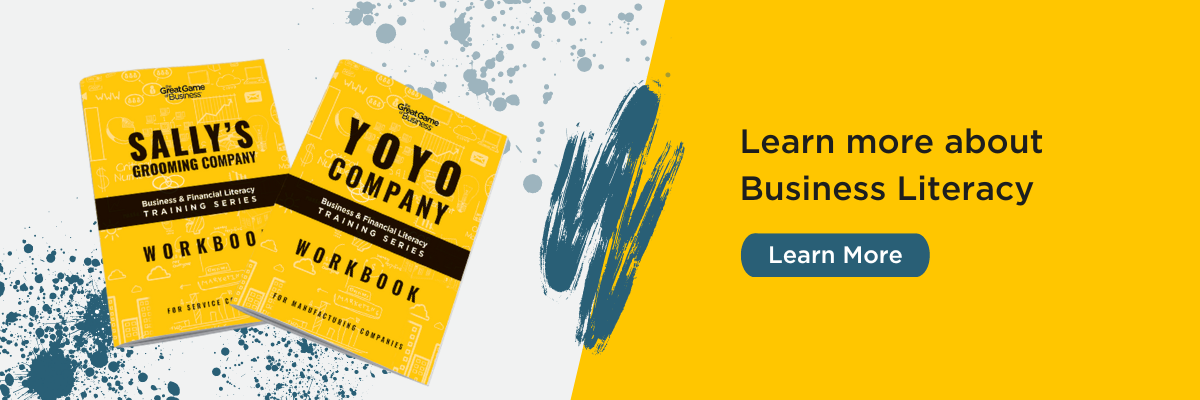 Be a Sleuth. Find the Waste.
Be a Sleuth. Find the Waste.
Reducing expenses.
That has become a business mantra during this prolonged economic malaise. Most small businesses have tightened their belts, scouring every line on the income statement. Switching suppliers or brands. Buying less. Toeing the mark on salaries. Delaying hiring. Reducing headcount. Buying used instead of new. Less travel. Doing more with less.
You know the drill because you’ve done it. Heck, we’ve ALL done it. I’ll go out on a limb and guess you haven’t used a hundred dollar bill to light a cigar this year.
You’ve done such a thorough job of managing costs that you feel all avenues have been exhausted.
Not so fast.
You’ve attacked and reduced the obvious, direct, cash-out-of-pocket expenses but what about the less-obvious costs still lurking in the shadows?
Here’s an example.
Agape Construction in Kirkwood issues credit cards to their work crews so they can buy necessary supplies while out in the field. In a recent month they had 80 credit card receipts turned in. Project Manager/Estimator Ted O’Toole had noticed for some time that the number of receipts was creeping up. Finally it hit him: “There are only 20 working days in a month. We’re making 4 trips a day away from the job site!”
Ted and the other folks at Agape concluded that the overhead costs associated with these trips included gasoline, wages and miles on company vehicles. They conservatively estimated that each trip costs the company $50.
There’s also the opportunity cost of driving to the store instead of driving nails at a customer’s home.
Plus, someone gets paid to uncrumble cash register receipts and enter them in the accounting system. How much time does that take?
All in all, $50 is indeed conservative, so the real impact on the company is arguably even higher. 80 trips times $50 each comes to a whopping $4,000 per month spent on shopping trips. Paris Hilton probably spends more than that, but it’s still a lot of money for any small business.
Since serious money is involved, Agape is doing what any serious business would do: They’re playing a game.
That’s right – a game. More specifically, what we call a MiniGame™. Their goal is to reduce the number of store receipts by half. If they get the number of receipts down to 40 or fewer in a month, each member of the field team gets a cash reward, and the total payout will come to about $400.
How will they do it? By consolidating trips, checking for supplies in advance and other simple tactics.
Everybody wins. The company wins because the $4,000 trip cost is cut to $2,000, netting $1,600/month after the payout. The employees win cash and reduce their own aggravation caused by interruptions and shopping. And, everyone involved learns a valuable business lesson that pays untold benefits going forward.
What hidden expenses are still lurking in your business?
“The world is full of obvious things which nobody by any chance ever observes." Sherlock Holmes, in The Hound of the Baskervilles
Bill Collier is the St. Louis area business coach for The Great Game of Business. He helps businesses increase accountability and results with open-book management. He is the author of “How to Succeed as a Small Business Owner … and Still Have a Life” Bill can be reached at 314-221-8558 or billcollier@greatgame.com.
.png)








.png)




-5.png)

